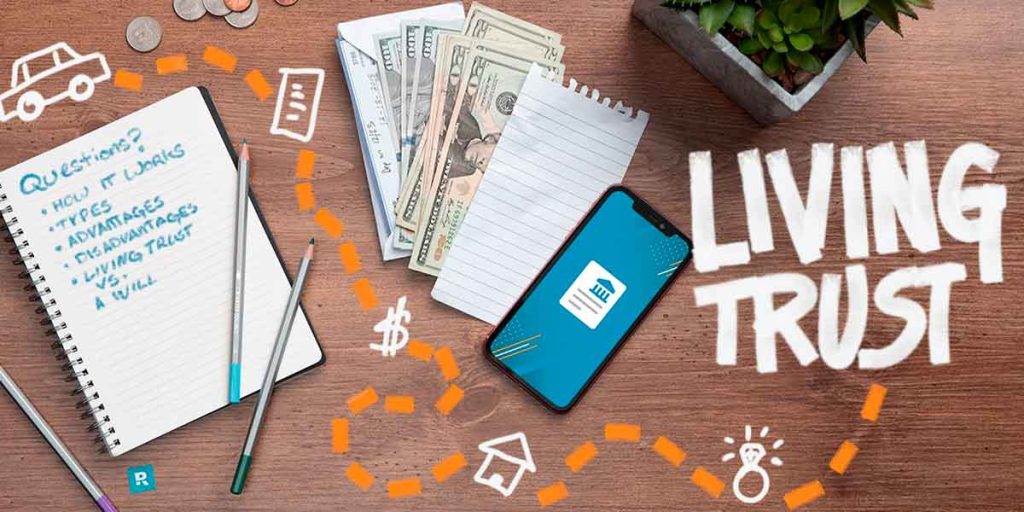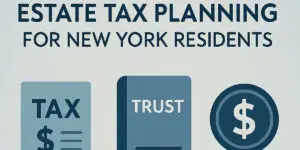Probate
Probate is a legal process carried out by the probate court to validate the last will and testament of a deceased person. The process of probate involves many steps which include filling a request to the probate court to commence the probate process, enlisting of the probate assets of the deceased person, locating and informing the heirs and beneficiaries of the deceased of the commencement of probate, settling of bills and tax, settling of creditors, retrieving debt owed the estate, distributing the estate among the heirs and beneficiaries.
These steps are carried out by the executor to the estate. The executor could be a spouse, a friend, parent, sibling, etc. the executor is named by the testator in the will. In a case of intestate, the court appoints someone to be the executor. Naming an alternate executor or secondary executor is important in case something should happen to the primary executor, the secondary will take over his duty.
Why avoid probate?
- Financial involvement: This is a very important reason while most people try to avoid the probate process. The process which could last for a pretty long period of time can require many funds. Spending continues as long as the probate process last. If care is not taken, the beneficiaries and heirs of the deceased might spend half or more than half of the worth of their inheritance
- Time factor: The time needed to complete the process of probate could be really frustrating as the heirs and beneficiaries are unable to access their inheritance within this period. Not until the probate process is completed, they can’t be granted access to the inheritance of their loved one. This process could last for several weeks to months and even years for it to be completed.
- Privacy: Privacy is a key reason most people try to avoid probate. If an estate goes through the probate process, it becomes public. This means that details of yours estate such as the total value of your estate can be accessed by anyone who wishes to fit. This is not okay with some persons as they would prefer everything about their estate stays private.
Revocable trust to avoid probate
What is a trust?
A trust is a way to own a property, the trustee is given the right to ownership of the property but it will be to the benefit of another person or persons which is/are the beneficiaries.
Revocable trust
As the name Implies, this kind of trust is revocable. A grantor can designates themselves as the primary trustee while they will designate someone else or an institution as successor trustee. During the life time of the grantor, they have the right to make changes or amendments to the trust; they can terminate the trust or remove their assets from the trust.
Also, if anything should happen to the grantor, say he becomes incapacitated, the trustee assumes management of the trust
The primary advantage of the revocable trust is to avoid probate. Assets in a revocable trust are not subject to probate.
Other ways to avoid probate
- Transfer-on-Death Registration for Securities: if you have stocks and bonds, in New York you are allowed to register a TOD. In this case, at your death the beneficiary will be the owner of your brokerage account.
- Joint ownership: A property jointly owned with the right of survivorship means if one of the owners dies the property is automatically transferred to the surviving partner. This does not involve probate.
- Living trust: It is possible in New York to make a living trust to avoid probate for any property at all; it could be real estate, bank accounts, vehicles, etc.
- Payable-on-Death: This is another way of avoiding probate. It is available for banks. At your death, the beneficiary can claim ownership to the money and can access the money directly from the bank without probate court proceedings
Your attorney
In setting up a living trust or any other means of avoiding probate, you should consult an attorney as they are the experts that will guard you. Our attorneys are always available for hire and consultations.
FAQ
Question: What is intestate?
Answer: This is when a person dies without having a will
Question: Does a revocable trust shield your assets from creditors?
Answer: No! A revocable trust does not protect your assets against creditors









